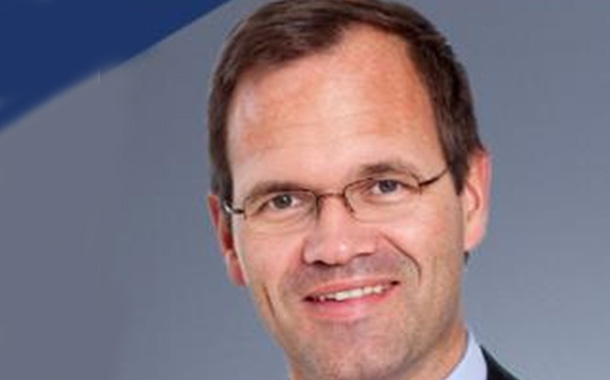Healthcare sector is undergoing a drastic transformation due to consumer-centric pressures, according to The Marketplace Revolution, a new report from Oliver Wyman. The report shows how consumerism is powering a complete remodelling of the healthcare industry. This transformation is about much more than patient-centric innovations; it is an emergence of an entirely new business design, one that ignores the constraints of the existing healthcare market to deliver health and wellness on consumers’ terms.
As detailed in the report, this next-generation business design is driven by consumer needs, not sick-care insurance codes and plan design. This new model will enable Health Market 2.0, where multiple industries will converge to create a new consumer health, wellness, and better-living marketplace.
According to Oliver Wyman analysis, this new business model will drive a US$6 trillion health, wellness and better-living market – one that is dramatically more effective, with 40 percent better value and a greatly improved consumer experience.
“It’s not a question of if the industry will evolve, but how new and established players will define their roles in the new consumer-centric health marketplace. This is a once-in-a-generation transformational opportunity and ensures collaboration from current businesses in the sector as well as innovators, as both are essential to this new borderless design,” said Tom Main, Partner and U.S. Leader for Oliver Wyman’s Health and Life Sciences Practice and co-author of the report.
For the Middle East healthcare markets, the consumer-centric disruption comes at a time of significant transformational pressures. The current health systems in the GCC countries suffer from high costs, varying quality of care, and a general lack of transparency.
The Marketplace Revolution defines business designs used by companies including Uber, Amazon, and Airbnb to disrupt industries and now is being employed by an increasing number of healthcare companies and organizations.














